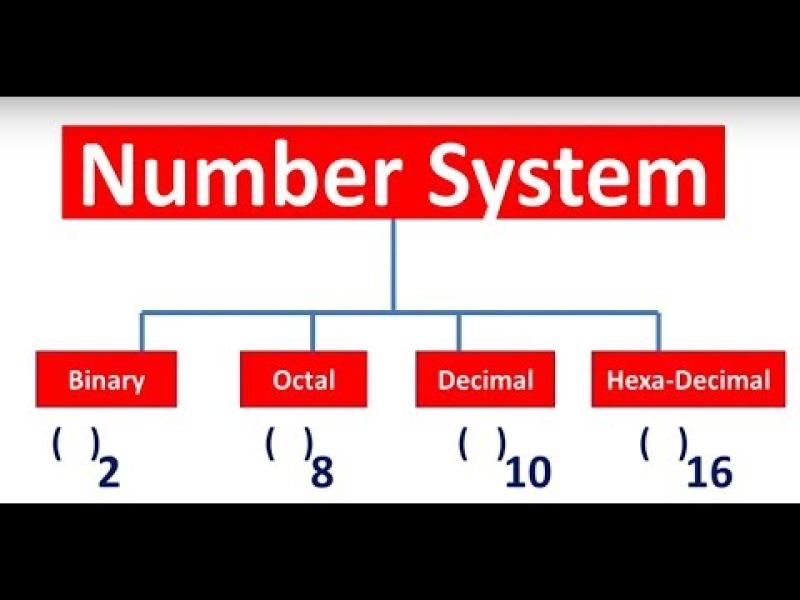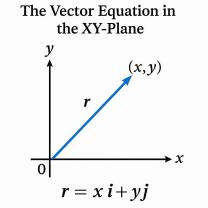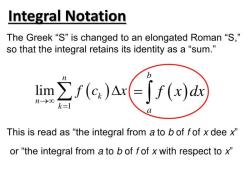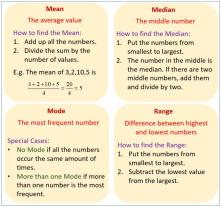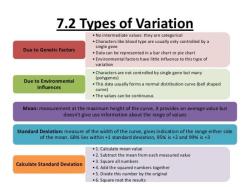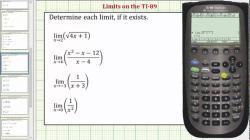Is binary or hexadecimal better than decimal system?
The suitability of a particular number system—binary, hexadecimal, or decimal—depends on the context and the specific requirements of a given application. Each number system has its advantages and use cases. Here's a brief comparison of the three systems:
Decimal System (Base-10):
- Advantages:
- Familiarity: The decimal system is the one most commonly used by humans in everyday life, making it intuitive and familiar.
- Easy Human Understanding: Decimal numbers are easy for humans to read, write, and comprehend.
- Use Cases:
- Everyday calculations, financial transactions, and general arithmetic.
- Advantages:
Binary System (Base-2):
- Advantages:
- Simplicity in Digital Systems: Binary is fundamental in digital systems and computing. It directly represents the on/off states of electronic switches.
- Compact Representation: Binary is efficient for representing data in computing, especially when dealing with binary code, machine language, and digital logic.
- Use Cases:
- Computer programming, digital signal processing, machine language, and all aspects of computing where electronic switches are used.
- Advantages:
Hexadecimal System (Base-16):
- Advantages:
- Compact Representation: Hexadecimal provides a more compact representation than binary for large binary numbers, making it easier for humans to work with.
- Convenient for Binary Conversion: Hexadecimal is commonly used to represent binary numbers in a more readable form. Each hexadecimal digit corresponds to four binary digits.
- Use Cases:
- Memory addressing in computer systems, programming (especially in assembly language), and situations where binary numbers need to be represented in a more concise manner.
- Advantages:
The choice between binary, hexadecimal, and decimal depends on the specific requirements of the task at hand. For most everyday human calculations, the decimal system is the most natural and practical. In contrast, for computer-related tasks and digital systems, binary and hexadecimal are crucial, with hexadecimal serving as an intermediate representation that is more human-friendly than binary.
In summary, each number system has its strengths, and the "better" system depends on the specific application and the goals of the task being performed.
Is the binary or hexadecimal system considered superior to the decimal system?
Determining whether the binary or hexadecimal system is "superior" to the decimal system depends entirely on the context and specific needs. They're all incredibly useful tools, each with its own strengths and weaknesses:
Decimal System:
- Ubiquitous and universally understood: The decimal system (base-10) is our everyday counting system, ingrained in most cultures and educational systems. This familiarity makes it intuitive and easy for most people to use.
- Wide range of applications: We use decimals in everyday life, science, finance, and various other fields. Its flexibility allows for representing both whole and fractional numbers with ease.
- Less efficient for computers: Computers operate using internal binary logic, making calculations with decimals less efficient compared to directly working with binary data.
Binary System:
- Efficient for computers: Binary (base-2) uses only 0s and 1s, perfectly aligning with the digital logic of computers. This simplifies internal calculations and data representation, making it the backbone of all computer operations.
- Complex for humans: Humans struggle with interpreting and performing calculations in binary due to its non-intuitive nature. Conversion to and from decimal forms adds complexity for human interaction.
- Limited practical use outside computers: Binary has little direct application in everyday life or other fields beyond computing.
Hexadecimal System:
- Bridge between binary and humans: Hexadecimal (base-16) uses digits and letters (0-9 and A-F) to represent groups of four binary digits. This makes it more compact and easier for humans to interpret than pure binary while still being directly compatible with computer operations.
- Commonly used in computer fields: Programmers, engineers, and tech professionals frequently use hexadecimal for memory addresses, color codes, and other technical applications.
- Less accessible for general audience: Compared to decimals, understanding and using hexadecimal requires some training and familiarity with its conversion from binary.
Ultimately, there's no single "superior" system. Each has its advantages and disadvantages, making them suitable for different purposes. Decimals reign supreme in daily life and general calculations, while binary and hexadecimal are essential for computer operations and technical fields. Understanding the strengths and limitations of each system allows you to choose the most appropriate tool for the specific task at hand.
Feel free to ask if you have any further questions about specific applications or advantages of each system!
